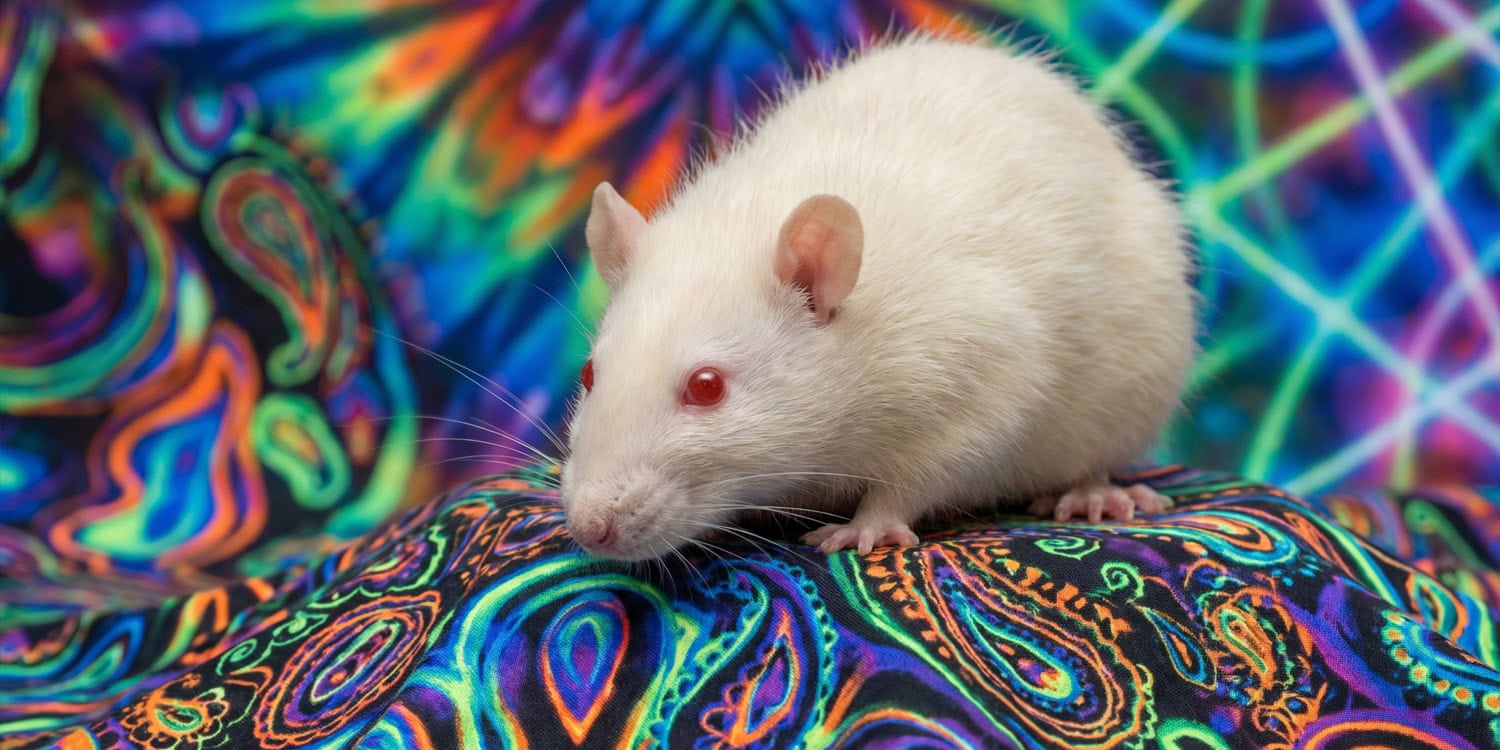
Psilocybin impacts immunity and behavior differently depending on diet and exercise context
Posted: 2/4/2026Psilocybin’s effects are not uniform across different physiological conditions. A study of female mice reveals that exercise and diet drastically alter how the drug influences social interactions and inflammatory signaling.
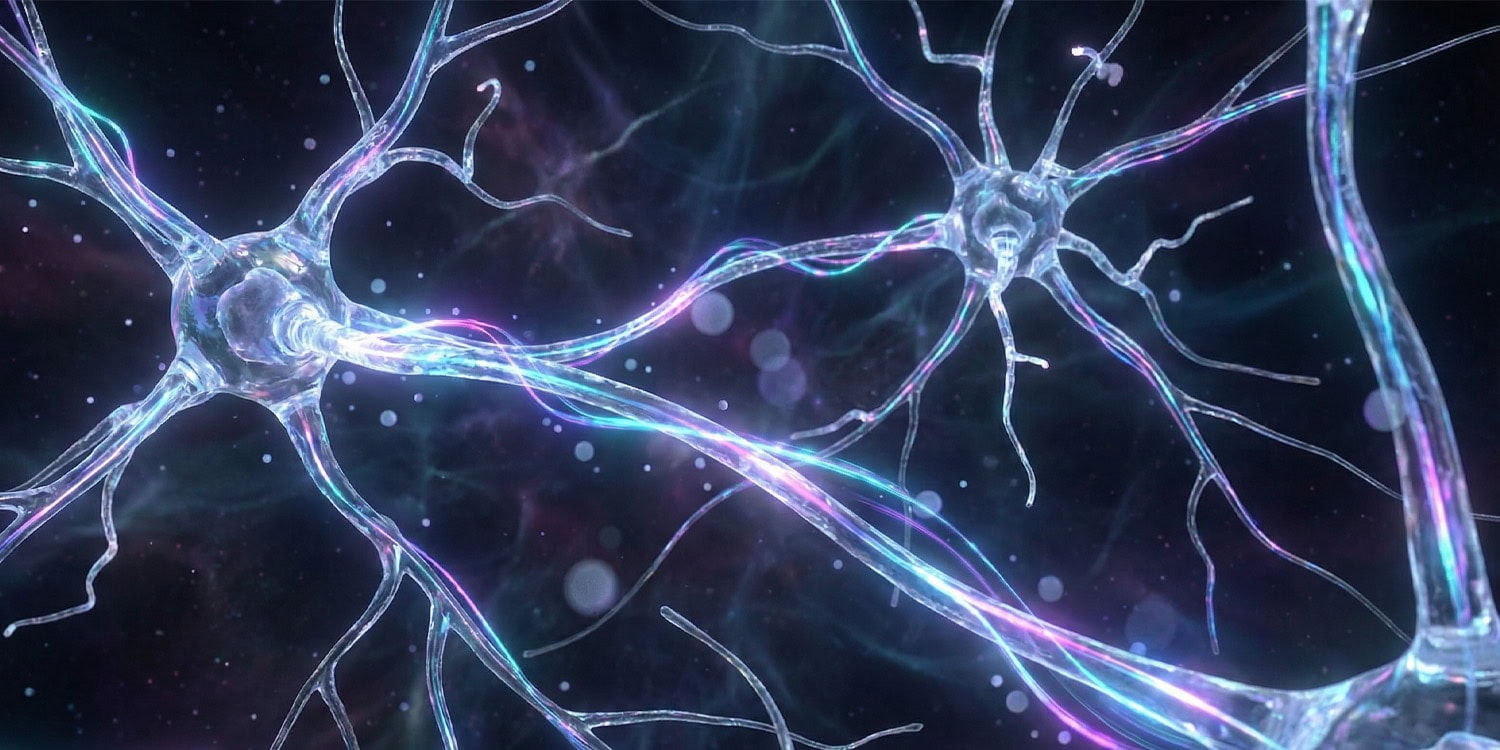
Long-term antidepressant effects of psilocybin linked to functional brain changes
Posted: 1/31/2026Researchers found that a single dose of psilocybin alters the electrical properties of brain cells for months. This functional plasticity, rather than structural growth, may explain why psychedelic therapy offers enduring relief from depression.
The Fungus That Made Gods: How Ergot Poisoning Rewrote History and Birth a Counterculture
Posted: 1/24/2026We mythologize Albert Hofmann’s “Bicycle Day” as a serendipitous discovery, but the true origin story of acid is a 2,000-year-old nightmare of gangrene and mass psychosis.
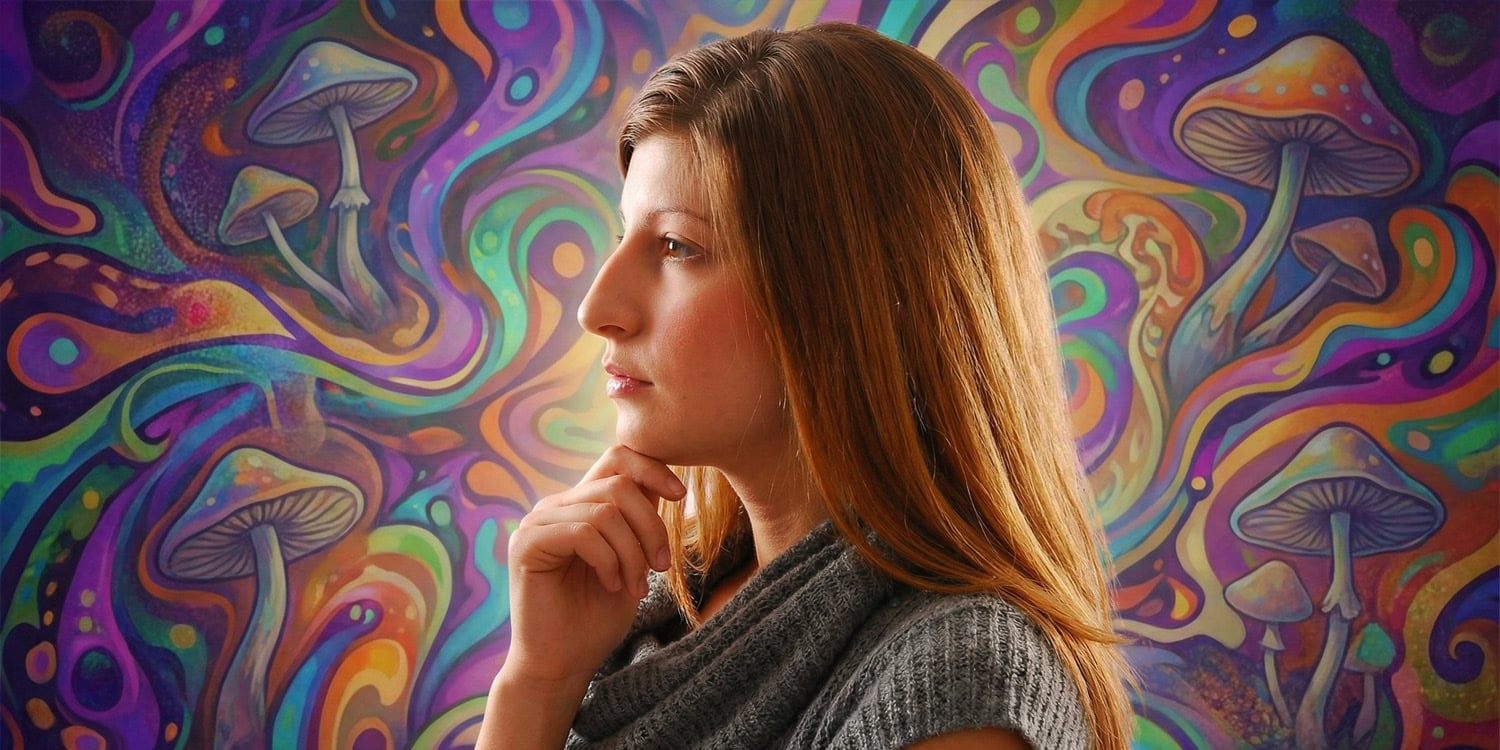
Major new study finds psilocybin microdoses improve the quality of creative ideas but not the quantity
Posted: 1/24/2026Taking tiny amounts of psilocybin helps the brain bypass conventional associations to reach more original solutions, according to a robust analysis of three double-blind clinical trials.
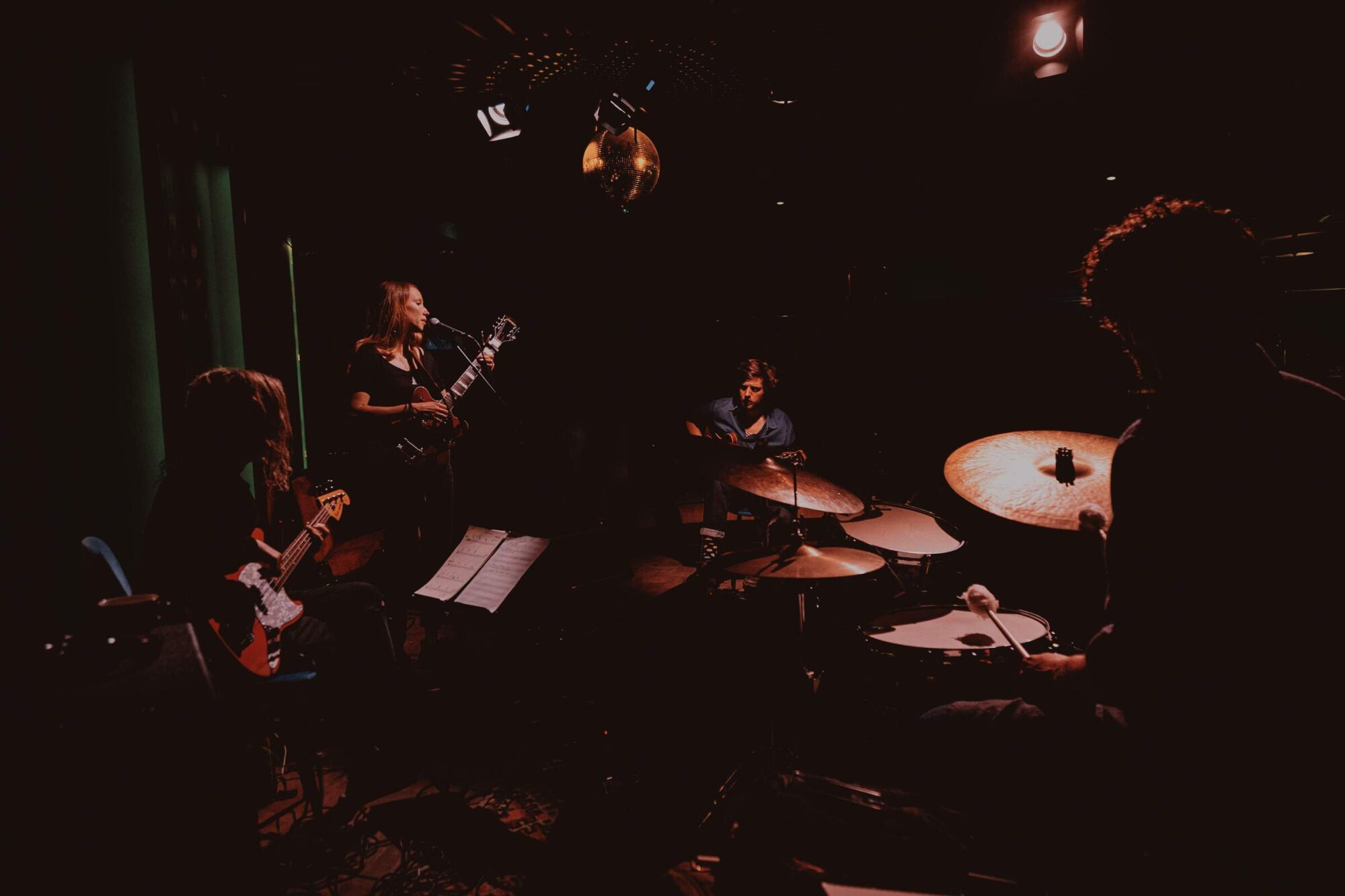
“Singing Through the Questions”: Georgia Duncan on ‘Four Ways To The Sun’
Posted: 1/16/2026London songwriter Georgia Duncan has released her debut album, ‘Four Ways To The Sun,’ via Clonmell Jazz Social. It’s a personal record that weaves together folk and jazz textures, focusing on storytelling and genuine collaboration rather than sticking to a single genre. For Duncan, songwriting is a way of understanding experience: “Songwriting has always been ... The post “Singing Through the Questions”: Georgia Duncan on ‘Four Ways To The Sun’ appeared first on It's Psychedelic Baby Magazine.
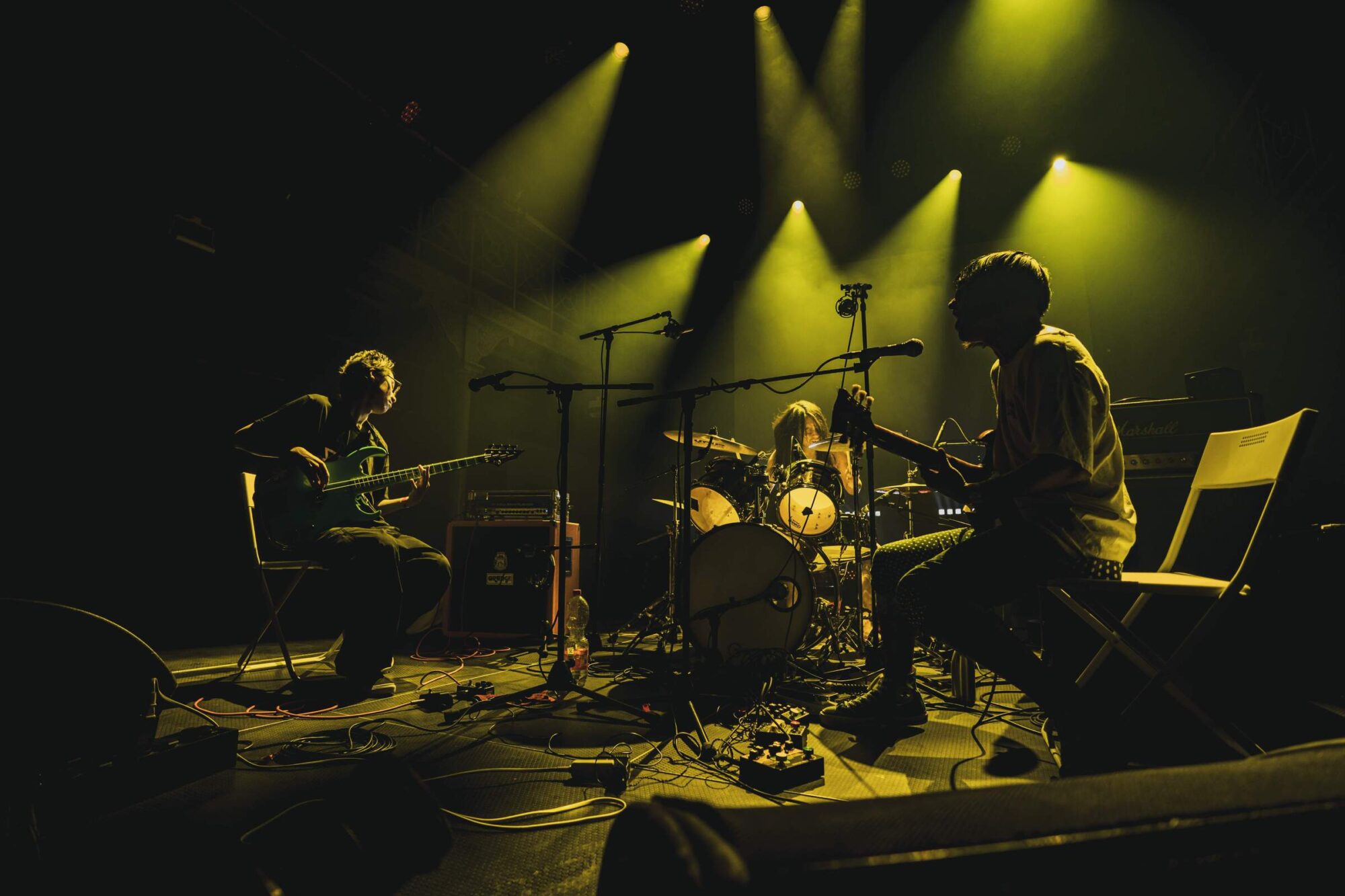
Green Milk From The Planet Orange Launch European Tour, Still Chasing Catharsis After 25 Years
Posted: 1/16/2026For 25 years, Tokyo trio Green Milk From The Planet Orange have pursued a vision of progressive rock rooted less in technical display and more in emotional impact and boundary-breaking spirit. For guitarist and founder Dead K, the essence of prog lies in “breaking musical boundaries, embracing surprise, and above all, creating drama and musical ... The post Green Milk From The Planet Orange Launch European Tour, Still Chasing Catharsis After 25 Years appeared first on It's Psychedelic Baby Magazine.
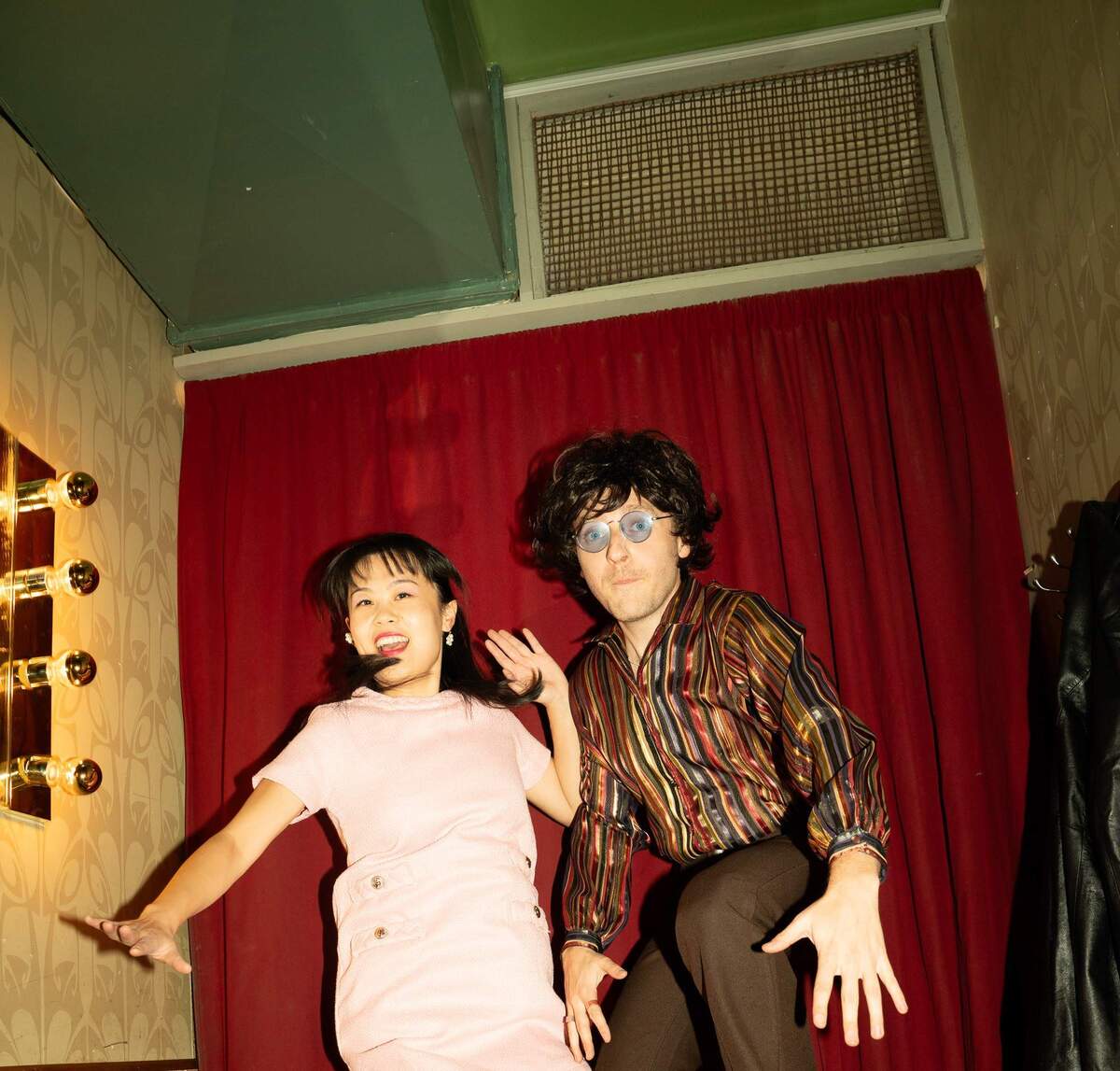
Chinese American Bear Share Groovy New Track ‘No No Yeah Yeah (不不好啊好啊)’
Posted: 1/16/2026Chinese American Bear is back with the infectious new single ‘No No Yeah Yeah (不不好啊好啊),’ out now on Moshi Moshi Records. A sharp burst of blissful melodies and danceable rhythms, the track sees the Seattle-based duo continuing their trademark brand of quirky indie pop. Comprised of married couple Anne Tong and Bryce Barsten, Chinese American ... The post Chinese American Bear Share Groovy New Track ‘No No Yeah Yeah (不不好啊好啊)’ appeared first on It's Psychedelic Baby Magazine.

La Jungle Return With Seventh Album ‘An Order Of Things’
Posted: 1/15/2026Belgian noise-rock motorik force La Jungle return with a new chapter: their seventh album ‘An Order Of Things,’ out April 17, 2026 via their own Hyperjungle Recordings. For the first time, the longtime duo expands into a three-piece, built around the explosive idea of two full drum kits driving the band forward. Written in Mons ... The post La Jungle Return With Seventh Album ‘An Order Of Things’ appeared first on It's Psychedelic Baby Magazine.
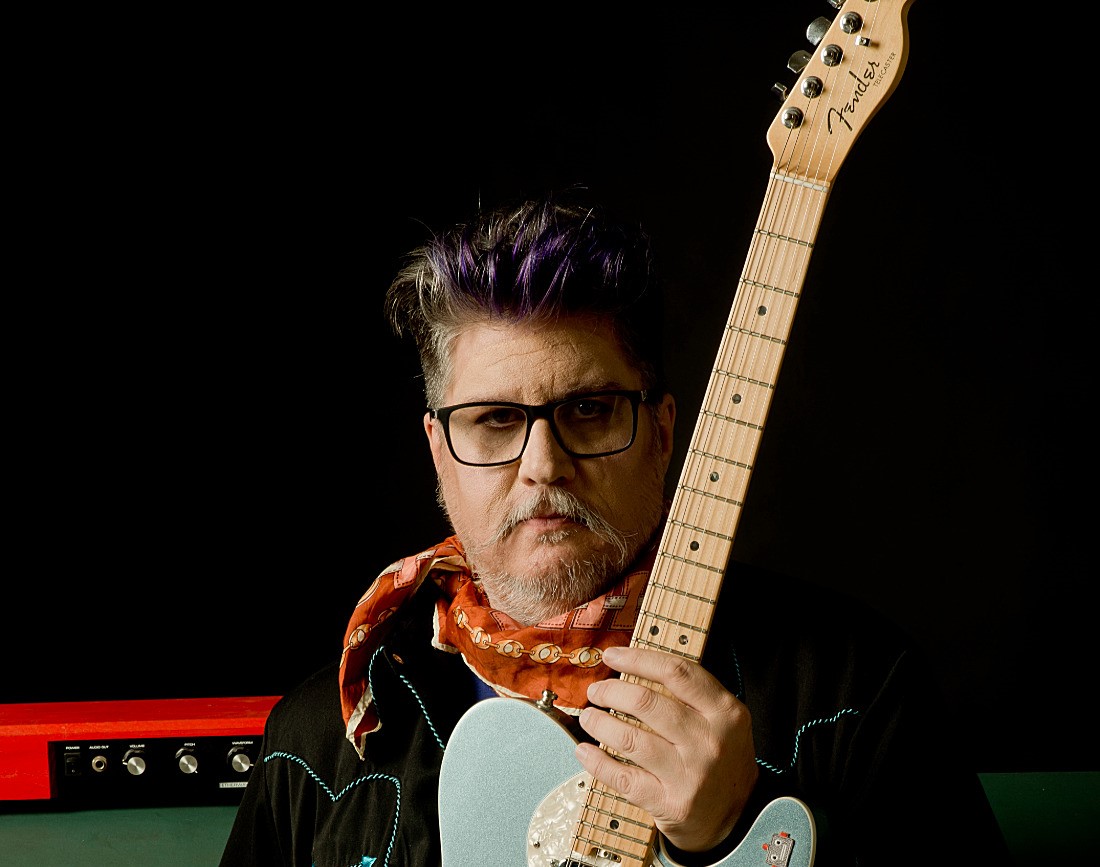
Poly-Polyphonies & Psychedelia: The Charles Morogiello ‘Crush Depth’ Interview
Posted: 1/15/2026For Charles Morogiello, the mastermind behind Spacefuzz, the new double LP ‘Crush Depth’ was kind of a survival mechanism. Conceived during the pandemic when his life “turned into a horror movie from another dimension,” Morogiello built this “Dub-Sonic Submarine Symphony” as a “safe harbor from my waking and walking nightmare.” The album is a deep ... The post Poly-Polyphonies & Psychedelia: The Charles Morogiello ‘Crush Depth’ Interview appeared first on It's Psychedelic Baby Magazine.
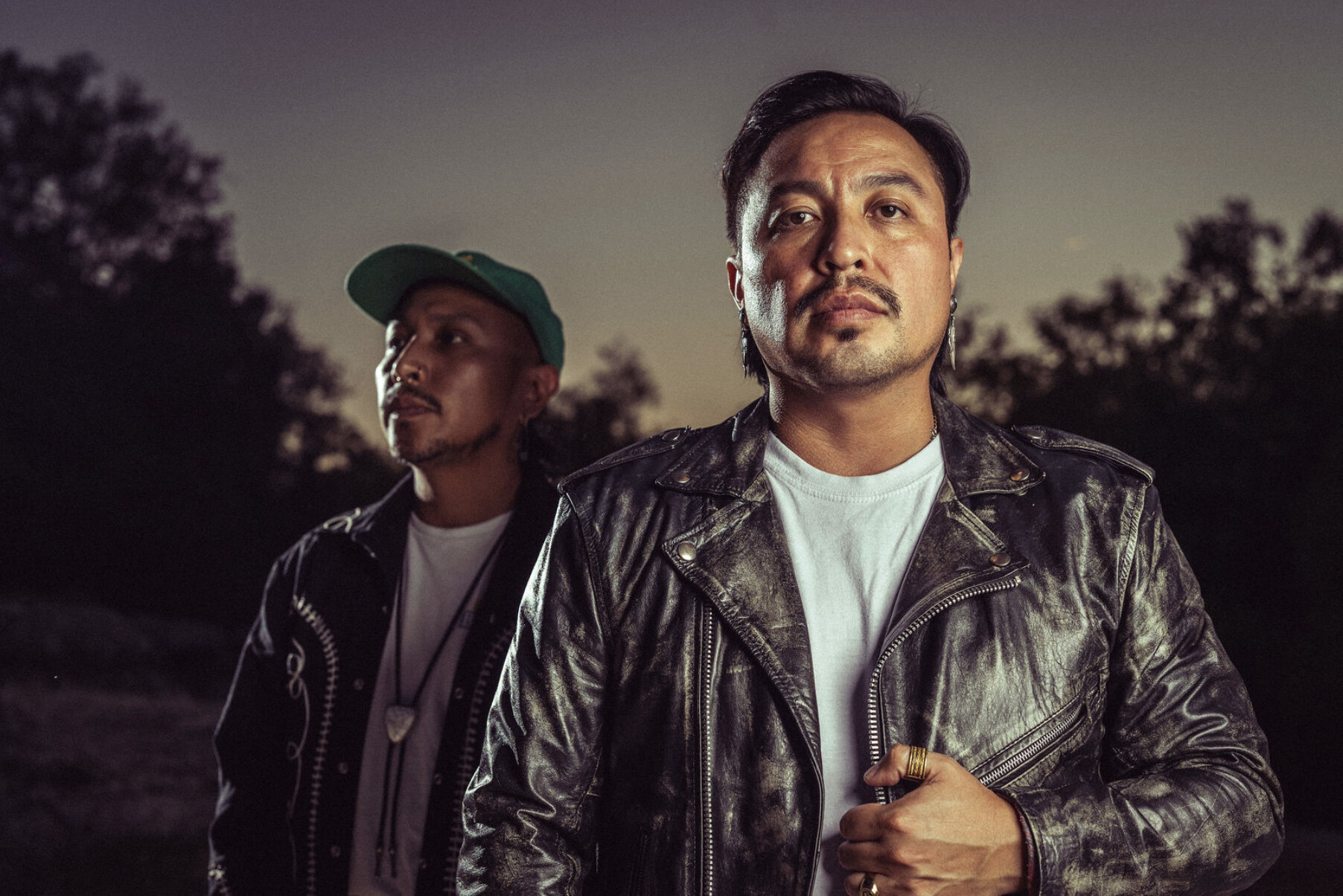
Gran Moreno Premieres Debut Album ‘El Sol’
Posted: 1/15/2026Austin’s Gran Moreno arrives with ‘El Sol,’ a captivating debut from the rising psych duo. As the first half of a conceptual diptych alongside the upcoming ‘La Luna,’ ‘El Sol’ radiates with the scorching energy of the Texas desert, blending hypnotic riffs with a deep reverence for the band’s pre-Hispanic heritage. Rooted in the analog ... The post Gran Moreno Premieres Debut Album ‘El Sol’ appeared first on It's Psychedelic Baby Magazine.
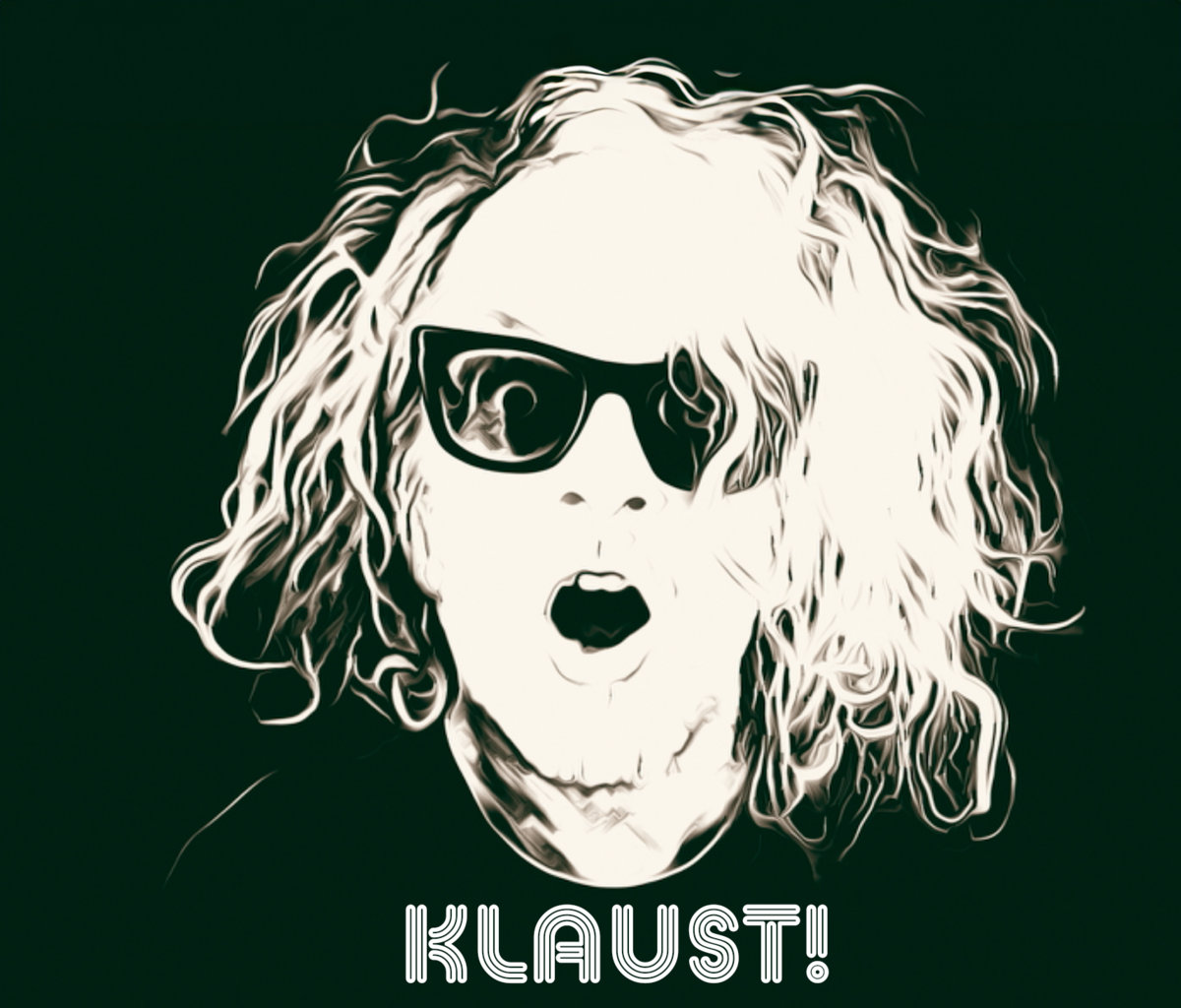
Anton Barbeau: Inside the Dark Mystery Temple of ‘Klaust’
Posted: 1/15/2026‘Klaust’ is the title track from the third album in Anton Barbeau’s Dark Mystery Temple trilogy. The song, presented in finest discokraut stylee, is a very loose accounting of a day in the life of Death, who, despite his seemingly German name, lives in England and runs a funeral parlor. Both ‘Klaust,’ the song, and ... The post Anton Barbeau: Inside the Dark Mystery Temple of ‘Klaust’ appeared first on It's Psychedelic Baby Magazine.
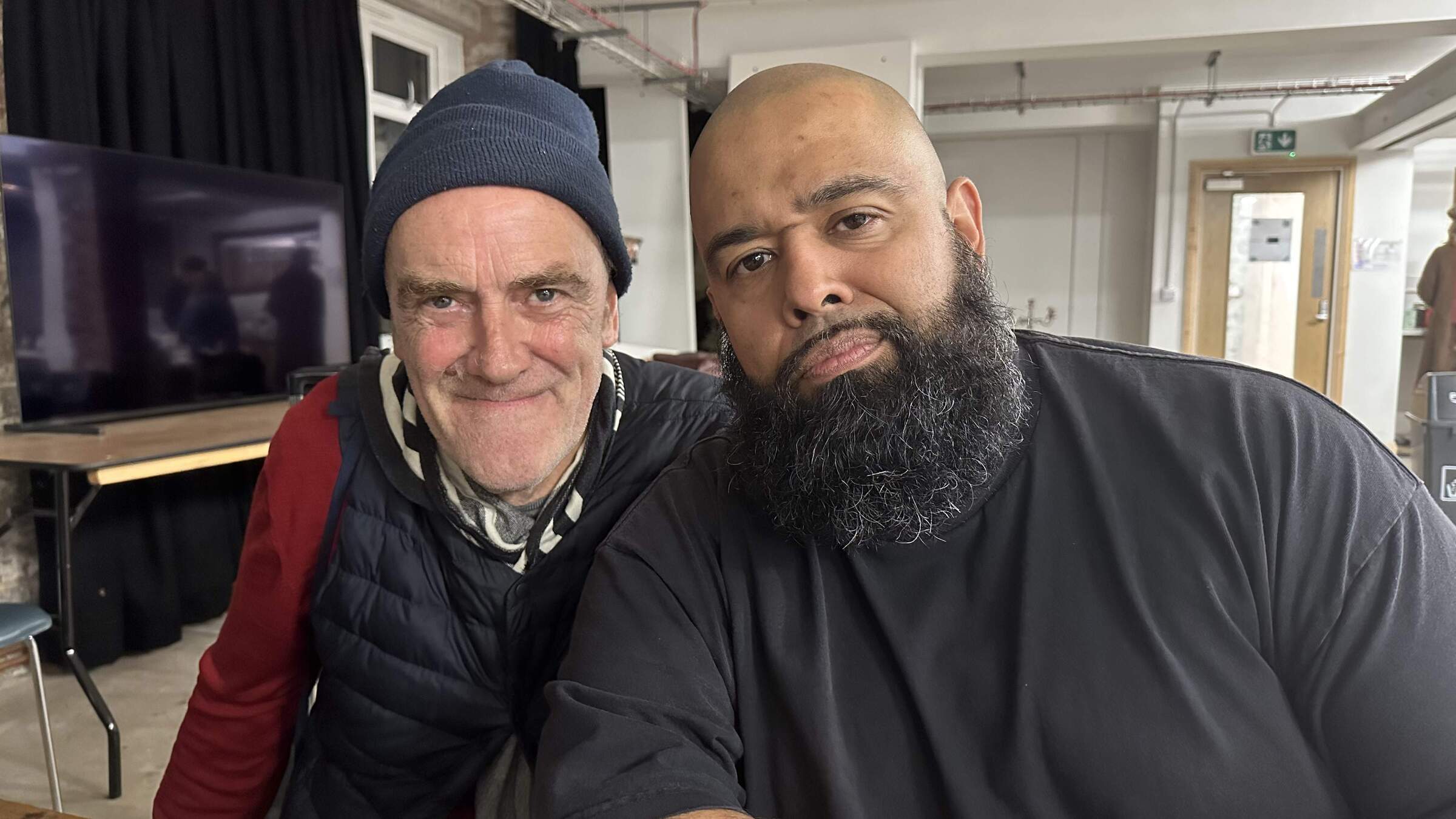
This Heat’s Charles Hayward Meets Dälek: Inside ‘HAYWARDxDÄLEK’
Posted: 1/14/2026Charles Hayward of This Heat and Will Brooks, aka MC Dälek, joined forces to collide musical instincts at full velocity. Recorded largely live over two feverish days, the album thrives on what Will Brooks calls “letting the music be what it’s supposed to be,” a process with “no formula,” only trust, momentum, and immediate response. ... The post This Heat’s Charles Hayward Meets Dälek: Inside ‘HAYWARDxDÄLEK’ appeared first on It's Psychedelic Baby Magazine.

Peaches Drops Title Track ‘No Lube So Rude’ Ahead of Album Release
Posted: 1/14/2026Cultural trailblazer and pop provocateur Peaches releases the title track from her forthcoming album, ‘No Lube So Rude,’ with a video directed by Matt Lambert and produced in collaboration with award-winning erotic filmmaker Erika Lust, choreographed by Constanza Macras (Poor Things, The Favourite). Shot at Berlin’s Queer Wagen Collective Marzipan and starring figures from the ... The post Peaches Drops Title Track ‘No Lube So Rude’ Ahead of Album Release appeared first on It's Psychedelic Baby Magazine.
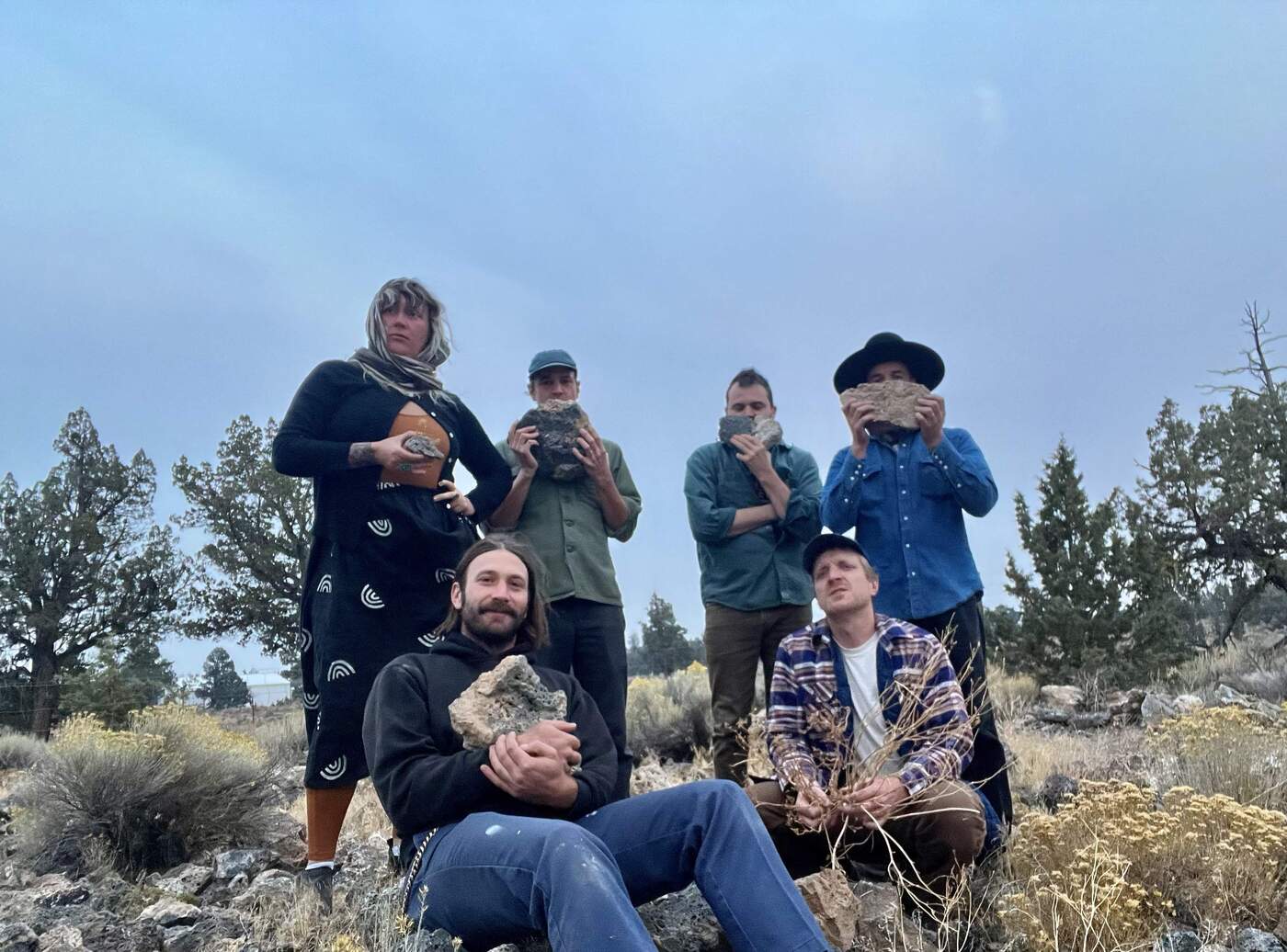
Abronia Share New Single ‘Gemini’ from Upcoming Album ‘Shapes Unravel’
Posted: 1/13/2026Portland sextet Abronia have long occupied a singular space in the psych-rock continuum, where the dry heat of Morricone-esque noir meets the spiritual urgency of avant-jazz. On “Gemini,” the latest cut from their impending LP Shapes Unravel, the band widens the aperture. The track marks a significant evolution in their sonic architecture, incorporating strings and ... The post Abronia Share New Single ‘Gemini’ from Upcoming Album ‘Shapes Unravel’ appeared first on It's Psychedelic Baby Magazine.
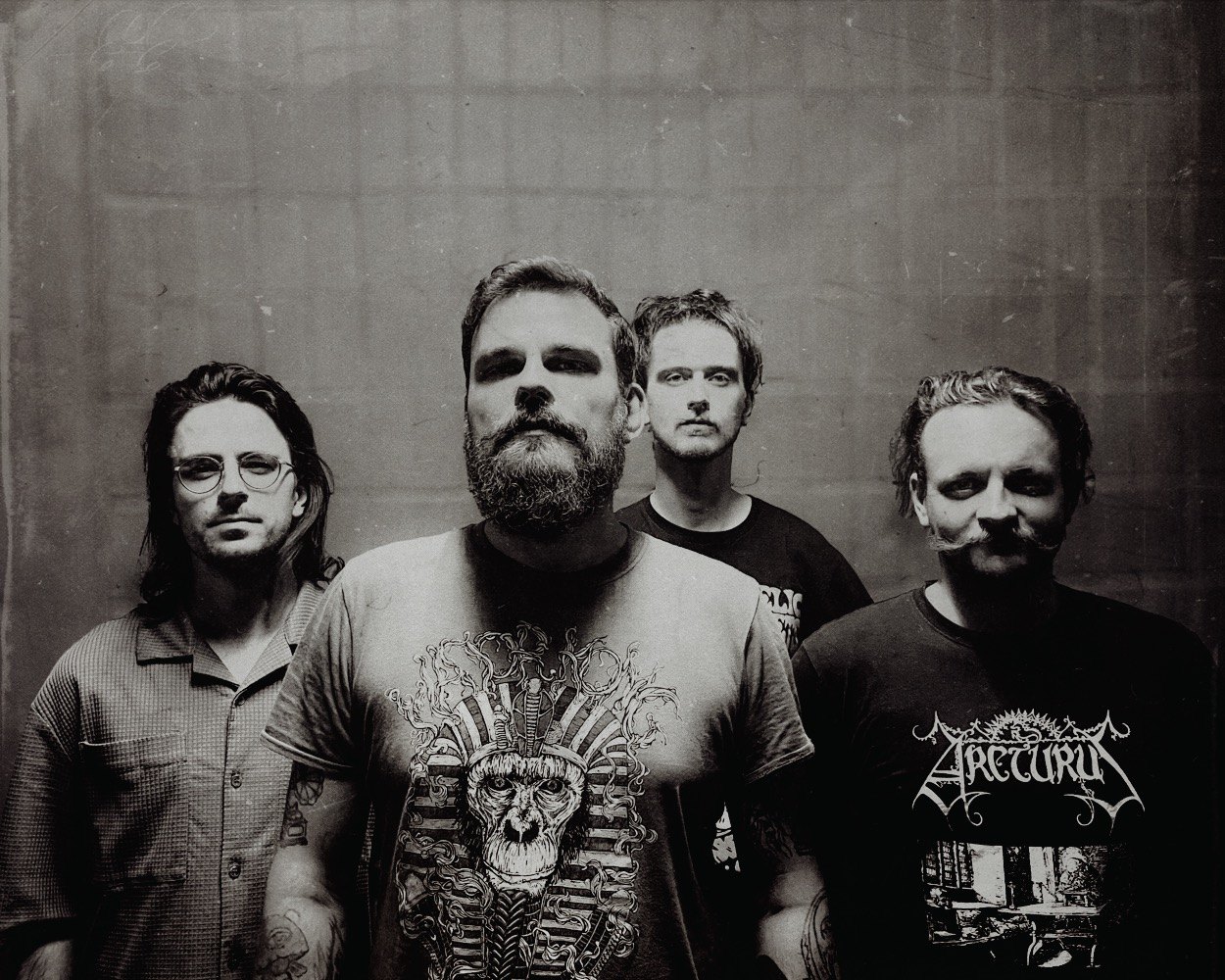
‘Ash’ by Weedpecker | New Album, ‘V’
Posted: 1/13/2026On their fifth studio outing, simply titled ‘V,’ Polish Weedpecker dismantle the boundaries between stoner doom and the ethereal drift of neo-psychedelia. We are thrilled to premiere ‘Ash,’ a standout cut that exemplifies this sonic dichotomy. Where the band’s previous output often leaned into the gravity of the riff, ‘Ash’ floats in a suspension of ... The post ‘Ash’ by Weedpecker | New Album, ‘V’ appeared first on It's Psychedelic Baby Magazine.

Between Beauty and Noise: SoftSun Unveil ‘Anywhere But Here’
Posted: 1/12/2026‘Anywhere But Here’ is taken from Softsun’s brand-new album ‘Eternal Sunrise,’ out via Heavy Psych Sounds. SoftSun was formed in 2023 by guitarist Gary Arce (Yawning Man) and bassist/vocalist Pia Isaksen (PIA ISA). For their second album, they are joined by drummer Robert Garson, expanding the band’s dynamic range, constantly pushing beyond typical, SoftSun explore ... The post Between Beauty and Noise: SoftSun Unveil ‘Anywhere But Here’ appeared first on It's Psychedelic Baby Magazine.

Jessica Hottman Introduces Dark Pop Single ‘Poisonous’
Posted: 1/12/2026Writing requires experience. Good writing is a garden of possibility – one where the writer understands that seeds, dirt, sun, and water can result in any number of outcomes. On her newest single, ‘Poisonous,’ Jessica Hottman emerges as a songwriter who understands the power of potential. Hottman has explored the outer limits of genre for ... The post Jessica Hottman Introduces Dark Pop Single ‘Poisonous’ appeared first on It's Psychedelic Baby Magazine.
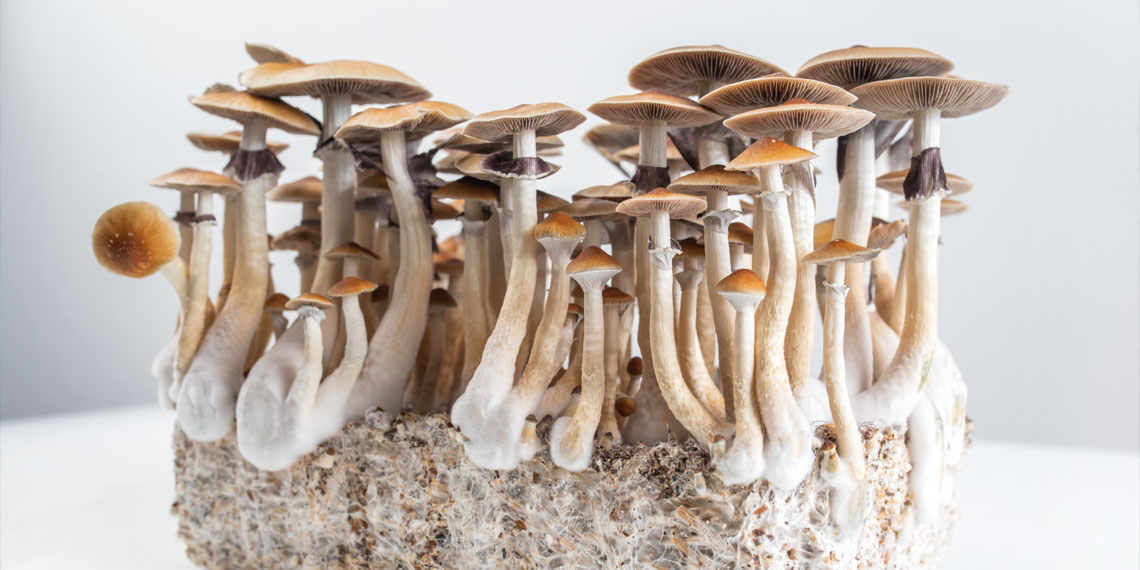
Psilocybin shows promise for rapid reduction of cancer-related depression
Posted: 12/28/2025A new analysis of clinical trial data indicates that psilocybin-assisted psychotherapy provides immediate relief for anxiety and depression in advanced cancer patients, though the antidepressant effects may not persist without specific dosing strategies.

Ross Beattie presents It’s Psychedelic Baby podcast #115 (December)
Posted: 12/28/2025Embark on a journey through the kaleidoscopic landscapes of sound, guided by the rhythms of the past and present, with The Night Tripper’s podcast. Super Static Fever- Acid Sweet HappeningBlasting Rod- Last Electric Sunrise Before Orbital Decay (Open Channel To The Guardian Angel Version)Surya Kris Peters- The Black WindKing Blood- RecoilFinchley Boys- I’m Not Like ... The post Ross Beattie presents It’s Psychedelic Baby podcast #115 (December) appeared first on It's Psychedelic Baby Magazine.

Peter Daltrey on ‘The Life and Times of Blue Larry and the Huguenot Kid’: From Kaleidoscope to Fairfield Parlour
Posted: 12/23/2025For anyone who has spent time digging into the deeper seams of British psychedelia, Peter Daltrey needs little introduction. As the singer, lyricist, and conceptual centre of Kaleidoscope, he helped create some of the most distinctive and quietly disturbing records of the late 1960s. Albums like ‘Tangerine Dream’ and ‘Faintly Blowing’ stood apart from the ... The post Peter Daltrey on ‘The Life and Times of Blue Larry and the Huguenot Kid’: From Kaleidoscope to Fairfield Parlour appeared first on It's Psychedelic Baby Magazine.
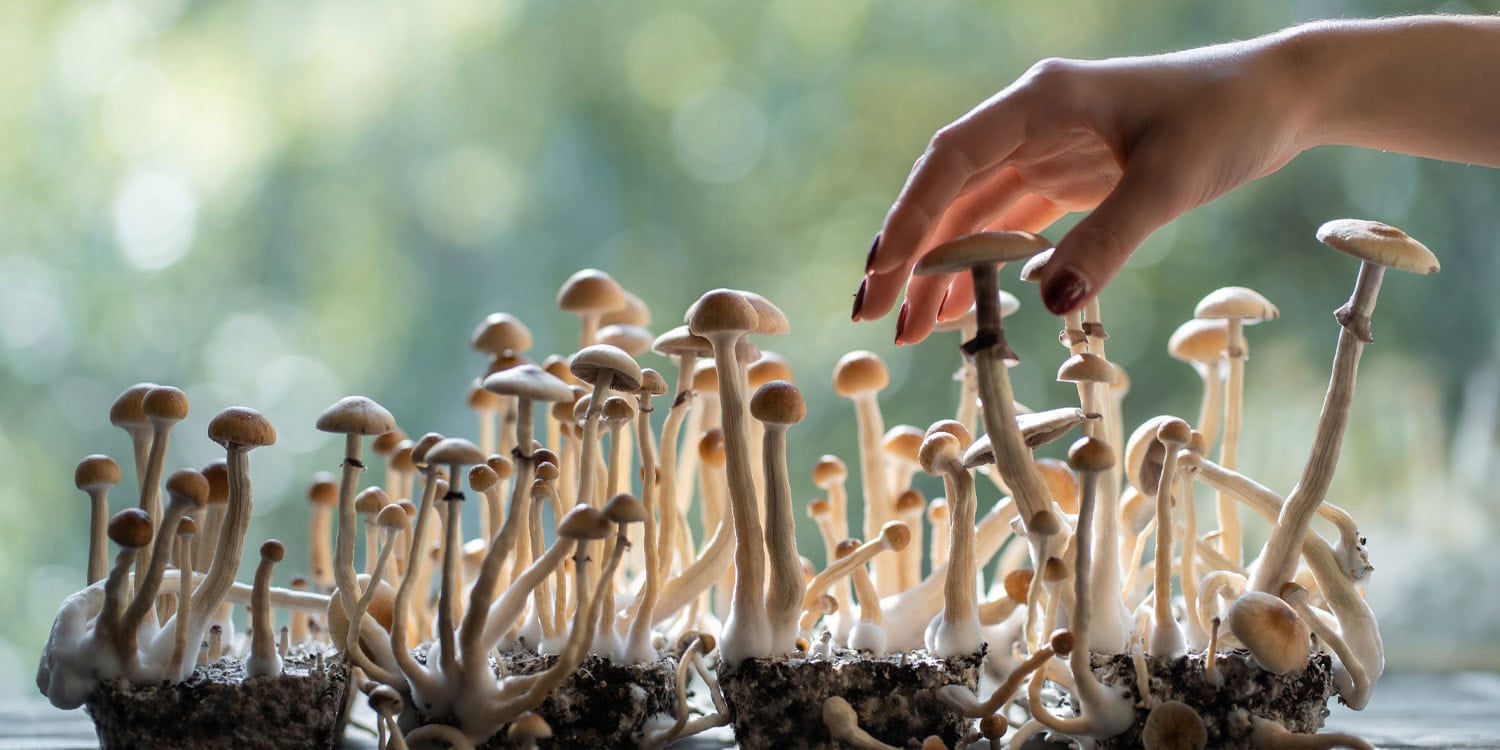
Single moderate dose of psilocybin linked to temporary reduction in OCD symptoms
Posted: 12/21/2025A moderate dose of psilocybin may offer temporary relief for obsessive-compulsive disorder, according to new research. The study indicates that the drug tends to reduce symptom severity for up to one week, specifically regarding compulsive behaviors.
Michigan's Psychedelic Movement Grows: Jackson Becomes Sixth Locality to Deprioritize Enforcement
Posted: 12/20/2025Jackson City Council passed a resolution on Tuesday making the investigation and arrest for certain psychedelic plants and fungi the city's "lowest law enforcement priority".

Cargo: Unearthing a Lost Progressive Rock Rarity from 1973
Posted: 12/18/2025Formed in the early 1970s Midlands, Cargo left behind no official releases at the time: only a demo acetate, ‘Delivering The Goods,’ recorded in 1973 and lost to history for half a century. Andrew Clyde, the band’s principal writer, describes the recordings with a mixture of pride and regret. “We realised by then that we ... The post Cargo: Unearthing a Lost Progressive Rock Rarity from 1973 appeared first on It's Psychedelic Baby Magazine.

This Lonesome Paradise Unveils ‘Let Us Prey’ on Their Forthcoming Album ‘Death Motels’
Posted: 12/16/2025This Lonesome Paradise is a band that lives in the spaces between sound and vision, where music becomes cinema and cinema becomes ritual. Founded in the Pacific Northwest and later rooted in the high deserts of the American Southwest, the group plays with vast and alive landscapes. At the helm, E Ray Béchard describes his ... The post This Lonesome Paradise Unveils ‘Let Us Prey’ on Their Forthcoming Album ‘Death Motels’ appeared first on It's Psychedelic Baby Magazine.

Tender Ender’s ‘Black Swan’: Doomsday Pop for an Unhinged World
Posted: 12/15/2025Tender Ender marks the solo debut of Thomas Schmidiger, a return to his piano-driven roots and love for strong melodies, filtered through three decades of life’s reality. The result is ‘Black Swan,’ a record defined as “Doomsday Pop,” where the apocalypse is lavishly decorated to make the pain easier to swallow. The music feels fallen ... The post Tender Ender’s ‘Black Swan’: Doomsday Pop for an Unhinged World appeared first on It's Psychedelic Baby Magazine.

Street Fruit Drops ‘Hey Operator’ from ‘Strange Tanks’
Posted: 12/12/2025The 4-piece psychadelia-meets-alternative group recently released the hypnotic music-video-single video ‘Hey Operator’. A thumping, Beatle-esque drum beat starts the engine. Then (in the next phrase) a smooth lead guitar, locked-in bass, and a chime-ish bell begin to dance in tandem… a melodic, unorthodox quartet. Finally, a voice breaks through the mist. “Hey operator, you only ... The post Street Fruit Drops ‘Hey Operator’ from ‘Strange Tanks’ appeared first on It's Psychedelic Baby Magazine.
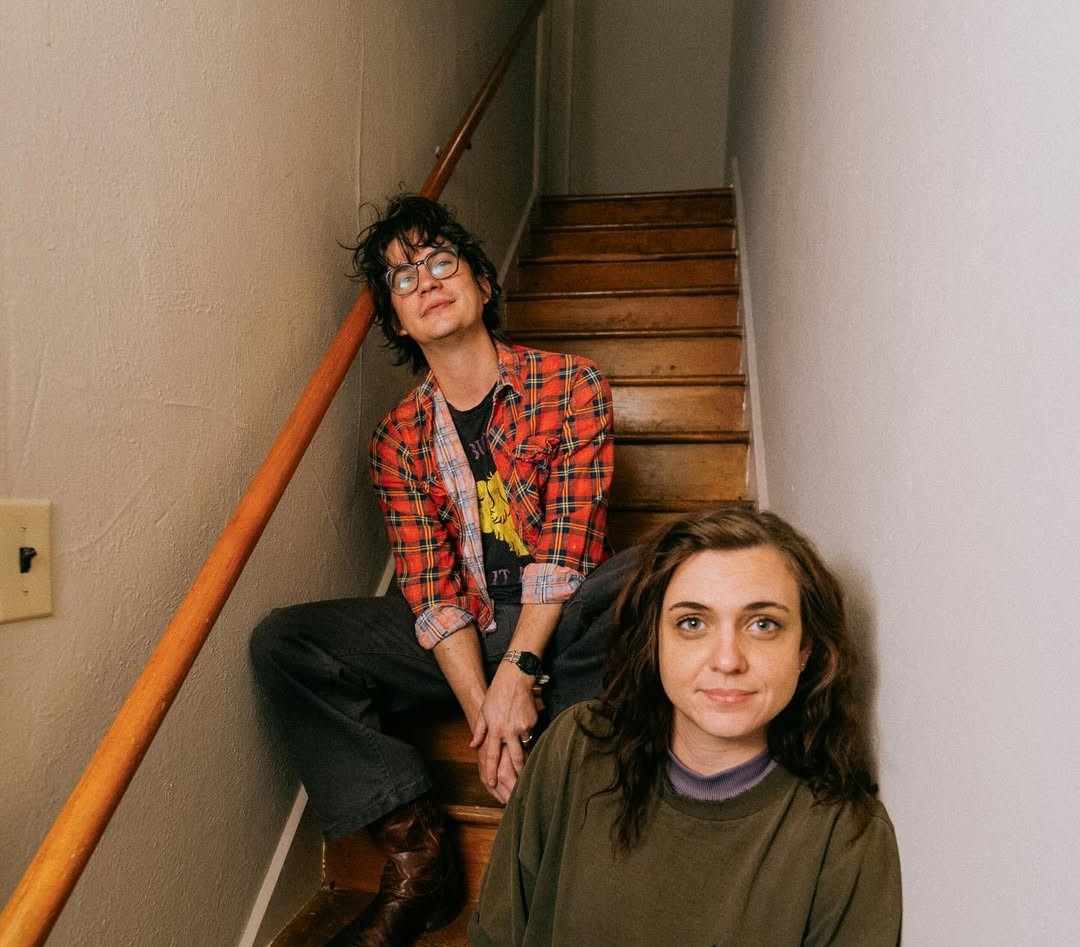
Poached | Interview | New EP, ‘Steady Risers’
Posted: 12/12/2025Seattle musicians Lilli Burgy and Mitchell Taylor first met bartending in Capitol Hill. Taking their name from a service industry marketplace platform, the two spent hours behind the bar learning a shared rhythm and language. This working relationship blossomed into a musical partnership, with Burgy and Taylor sharing ideas and crafting songs on their off-days. ... The post Poached | Interview | New EP, ‘Steady Risers’ appeared first on It's Psychedelic Baby Magazine.